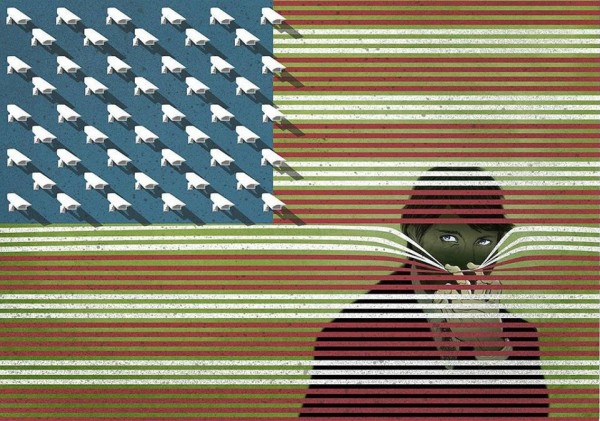Fran O’Sullivan had
an interesting piece
in the NZ Herald last week. She contrasted China’s rapidly increasing influence with the American “failure to display strong political governance”.
Fran O’Sullivan wrote: “It’s no accident that an opinion-editorial by Xinhua’s Liu Chang was posted on Monday slamming the US fiscal failure which the writers says ‘warrants a de-Americanised world.’” Xinhua is China’s official news agency.
Fran O’Sullivan went on to describe some of the progress China is making to de-Americanise the world, at least in the currency area, where the US dollar has long been the world’s reserve currency. She refers to an Asia RMB [Chinese currency] block of seven countries, new currency swap arrangement (including with New Zealand] and the prospect of New Zealand agreeing with China on a currency convertibility pact.
American dominance is being challenged by other countries too. Angered by US NSA spying on its official communications, Brazil is now
creating its own secure email
system and will be hosting an international conference on internet governance in April. The influence of the US over internet protocols is weakening. Earlier this month t
he key global internet agencies met in Montevideo
and “agreed to catalyse community-wide efforts towards the evolution of global multistakholder Internet cooperation.” They expressed “strong concern over the undermining of the trust and confidence of Internet users globally due to recent revelations of pervasive monitoring and surveillance.”
Brazil is planning to lay an underwater cable to Europe to avoid routing its internet traffic via the US, and it’s also considering legislation to force Facebook and Google to host data on Brazilian residents solely in Brazilian data centres.
However, there’s a way to go before we break the American stranglehold on the world’s financial transaction system. Wikileaks suffered badly when PayPal, Visa, Mastercard, Western Union and Bank of America– on orders from the US government – blocked payments to its account. Many Iranian businesses also suffer because – again under US orders – the SWIFT global financial transactions network holds up many payments – even those not covered by the current sanctions regime.
We have been informed by the Snowden revelations how far the US government will go to suppress information on its own wrongdoing. But this too is producing an international reaction (involving some important American players). Last week the founder of eBay, Pierre Omidyar – reputed to be worth $US8 billion –
announced he was creating
a new independent online media organization with Glen Greenwald, the Brazilian based journalist responsible for many of the Snowden stories. Greenwald’s colleague, the Germany-based Laura Poitras, and Jeremy Scahill (author of Dirty Wars) also seem to be involved. Omidyar said he was motivated by a “rising concern about press freedoms in the United States and around the world.”
Hopefully, there will be some New Zealand involvement in these new global initiatives for a freer world.
